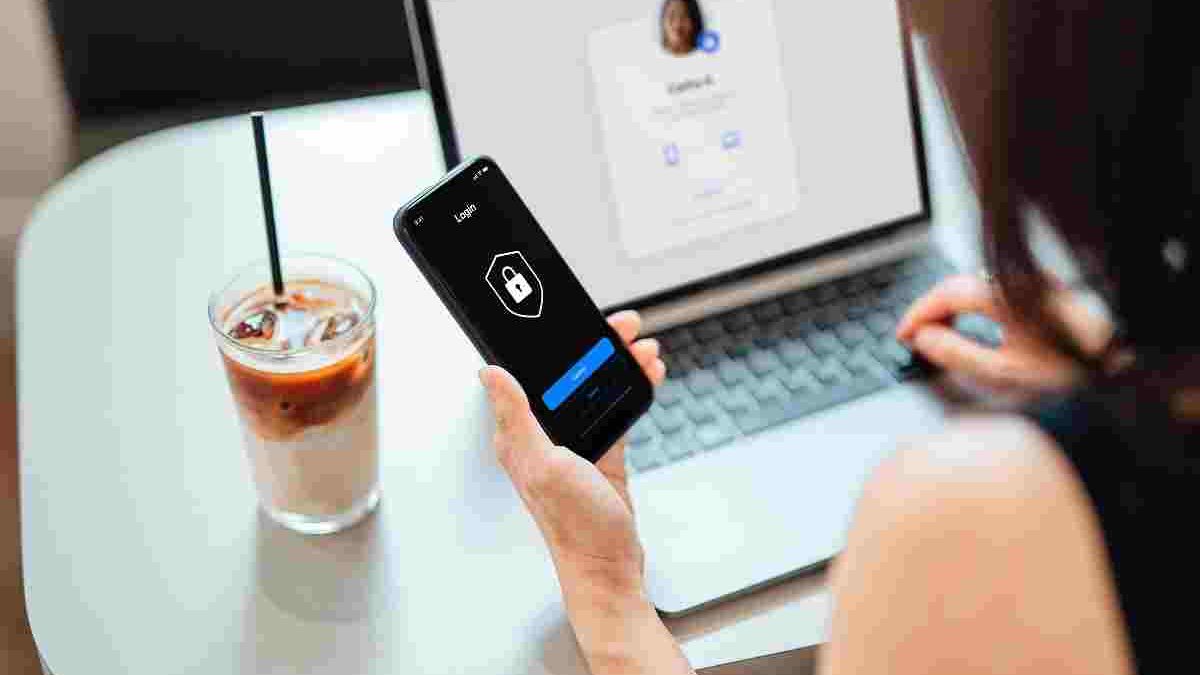Table of Contents
Secure Public Wi-Fi Use While Traveling
In today’s connected world, working remotely while traveling has become very popular. It allows people to stay productive while visiting new places. However, public Wi-Fi can be risky because it is usually not as secure as private networks. When you need to use public Wi-Fi, it’s important to protect your personal information and work data.
Understanding the Risks
Public Wi-Fi networks in airports, hotels, coffee shops, and other public areas are convenient but can be unsafe. Hackers can use these networks to steal your login details, personal information, or important work documents. Many public networks do not encrypt your data, which makes it easier for cybercriminals to spy on your online activities. Using private browsing, like incognito mode in Safari, can add an extra layer of privacy.
Tips for Protecting Your Privacy
Use a Virtual Private Network (VPN)
A VPN is one of the best ways to secure your connection on public Wi-Fi. It encrypts your internet traffic, making it very difficult for hackers to access your data. Research good VPN services, install them on your devices, and always turn them on when using public Wi-Fi.
Keep Your Software Updated
Make sure your operating system, antivirus, and apps are always up to date. Updates often include security fixes that protect your devices from hackers. Set your devices to update automatically or check for updates before traveling.
Enable Two-Factor Authentication (2FA)
2FA adds an extra layer of security to your accounts. Even if someone steals your password, they would also need a code sent to your phone to log in. Enable 2FA on email, cloud storage, and other important accounts.
Be Careful on Unsecured Websites
Avoid entering sensitive information on websites that are not secure. Look for “https://” in the web address, which means the site is encrypted. You can also use browser extensions that force secure connections when possible.
Turn Off Sharing and Public Network Discovery
Change your device settings to prevent others from accessing your files. Turn off file and printer sharing and disable public network discovery. This adds an extra layer of protection against hackers.
Forget the Network After Use
Many devices automatically connect to known networks. After using public Wi-Fi, manually disconnect and forget the network so your device does not reconnect automatically in the future.
What to Do Before Connecting
Research Your Destination
Before traveling, check the security of Wi-Fi networks at your destination. Choose places with password-protected networks or ask about their security measures.
Update Your Passwords
Change passwords for important accounts before traveling. Use strong, unique passwords to reduce the risk of being hacked on public networks.
Back Up Your Data
Always back up your files to an external hard drive or secure cloud service. If your device is compromised, you won’t lose important information.
Consider a Personal Hotspot
If you need a secure and reliable connection, use your phone as a personal hotspot. This creates a private, encrypted network, keeping your data safe, though it may use mobile data.
Conclusion
Working on public Wi-Fi while traveling is convenient, but your data’s safety must come first. By following these tips and preparing before connecting, you can stay safe while enjoying the flexibility of remote work. Protect your privacy, stay alert, and keep your sensitive information secure.

